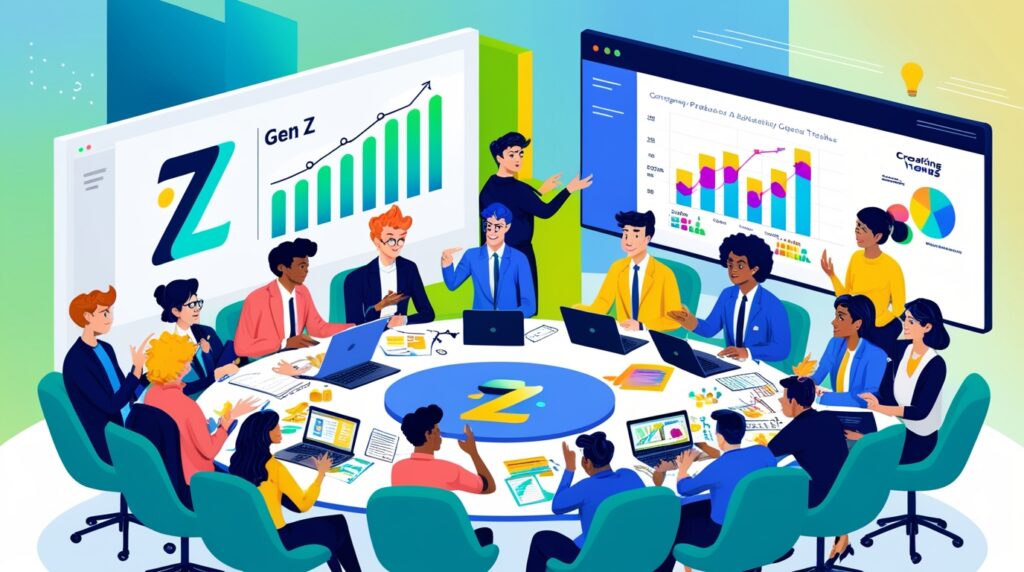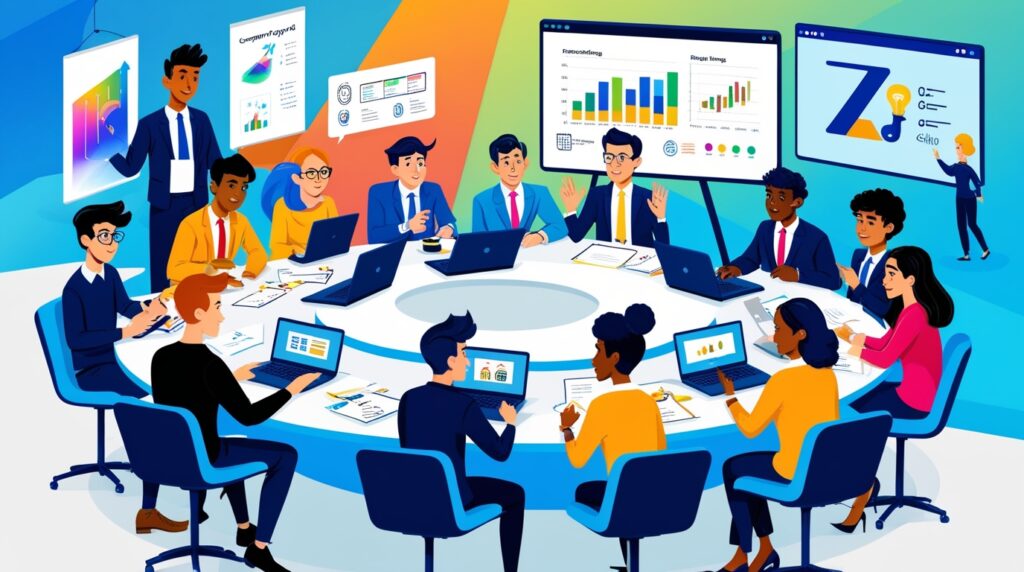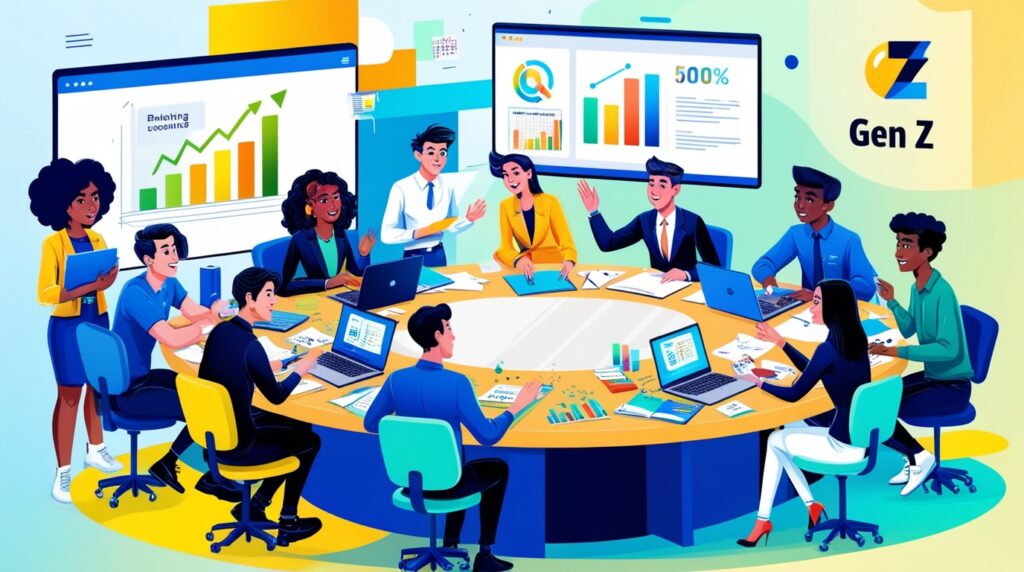
As Generation Z, born between 1997 and 2012, enters the workforce, they bring fresh perspectives, priorities, and expectations that are reshaping workplaces. With their unique values and digital-first upbringing, companies are rethinking traditional strategies to attract, retain, and engage this new generation of talent. Understanding what drives Gen Z is essential for businesses looking to stay competitive in a rapidly changing world.
Who Is Gen Z?
Gen Z is the first generation to grow up in a fully digital era, making them tech-savvy, socially conscious, and highly connected. Their exposure to global challenges like climate change, social inequality, and economic instability has shaped their priorities. Unlike previous generations, Gen Z places significant emphasis on purpose, flexibility, and work-life balance.
What Does Gen Z Want from the Workplace?
- Purpose-Driven Work
Gen Z employees want more than a paycheck—they seek meaningful work that aligns with their values. Companies with strong commitments to social responsibility, sustainability, and diversity resonate deeply with this generation.
Key Example: Patagonia’s dedication to environmental sustainability and activism has made it a favorite among Gen Z workers.
- Flexibility and Work-Life Balance
The COVID-19 pandemic amplified the importance of flexibility for Gen Z. They prioritize workplaces that offer remote or hybrid options, flexible hours, and mental health support.
Key Insight: According to surveys, over 70% of Gen Z workers prefer jobs that allow them to work remotely part of the time.
- Growth Opportunities
Gen Z is eager to learn and grow. They value mentorship, professional development programs, and clear career advancement paths. Companies that invest in upskilling and personal growth are more likely to retain this talent.
Key Practice: Offering microlearning opportunities and certifications can cater to their desire for continuous learning.
- Emphasis on Diversity and Inclusion
This generation expects workplaces to reflect the diverse world they grew up in. They want to see inclusivity not just in hiring practices but also in leadership representation and workplace culture.
Key Example: Companies like Salesforce and Microsoft, which prioritize diversity initiatives, are particularly appealing to Gen Z employees.
- Tech-Forward Work Environments
Gen Z is highly proficient with technology and expects workplaces to leverage modern tools for collaboration, productivity, and innovation. Outdated systems and processes are seen as deal-breakers.
Key Insight: The adoption of tools like Slack, Asana, and AI-driven platforms can enhance workplace appeal.

How Companies Are Adapting
- Revamping Recruitment Strategies
To attract Gen Z, companies are turning to platforms where this generation spends their time, such as TikTok, Instagram, and LinkedIn. Creative and transparent job postings that highlight company values and culture are proving effective. - Redesigning Workplace Culture
Businesses are fostering inclusive and open cultures that encourage collaboration and innovation. Mental health days, team-building activities, and wellness programs are becoming standard. - Investing in Technology and Automation
To meet Gen Z’s expectations, companies are automating repetitive tasks, integrating AI into workflows, and providing modern tools to enhance efficiency and engagement. - Embracing Hybrid Models
By offering remote and flexible work options, businesses are addressing Gen Z’s need for autonomy and adaptability in their work lives. - Focusing on ESG (Environmental, Social, Governance) Goals
Organizations are increasingly showcasing their efforts to address global challenges like climate change, equity, and ethical business practices to align with Gen Z’s values.
Challenges in Managing Gen Z
While Gen Z brings fresh energy to the workplace, managing their expectations requires effort:
Frequent Feedback: They thrive on regular feedback, which may be time-consuming for managers.
High Turnover Rates: Gen Z is quick to leave jobs that don’t meet their expectations, making retention a challenge.
Demand for Transparency: They expect open communication about salaries, promotions, and workplace policies.
The Future of Work with Gen Z

As Gen Z continues to reshape the workplace, companies that adapt to their needs and values will thrive. By fostering a purpose-driven, inclusive, and flexible work environment, businesses can unlock the full potential of this dynamic generation.
Gen Z isn’t just a workforce—they’re change agents, driving innovation and redefining the future of work. For companies ready to embrace their unique perspectives, the opportunities are endless.






